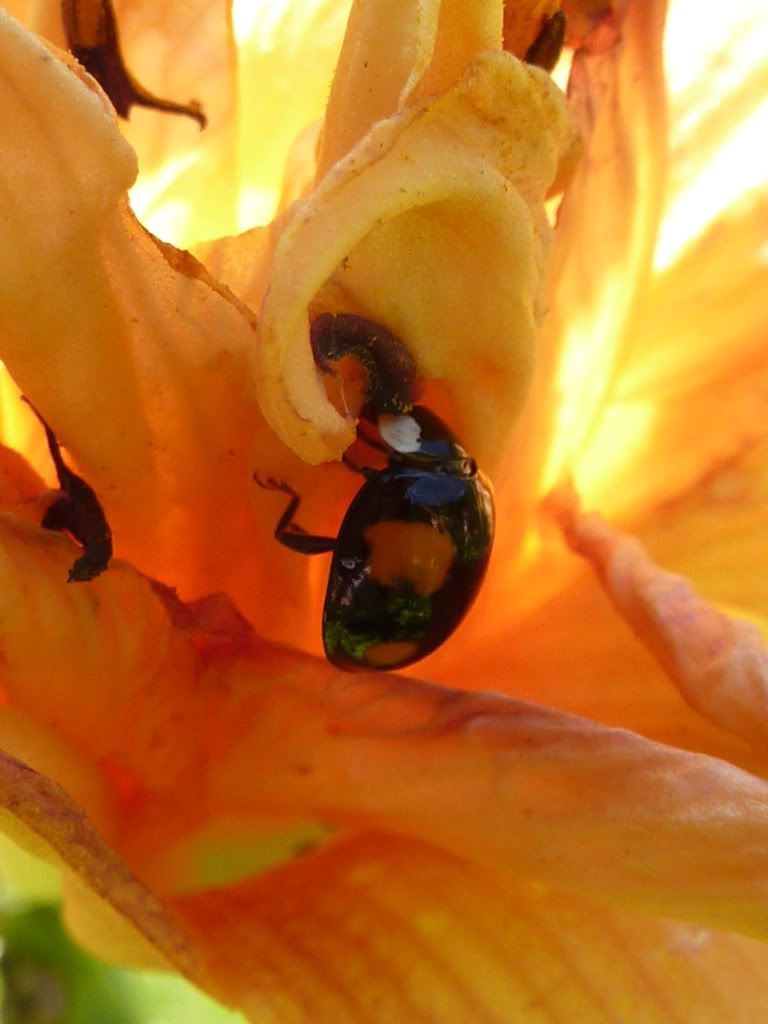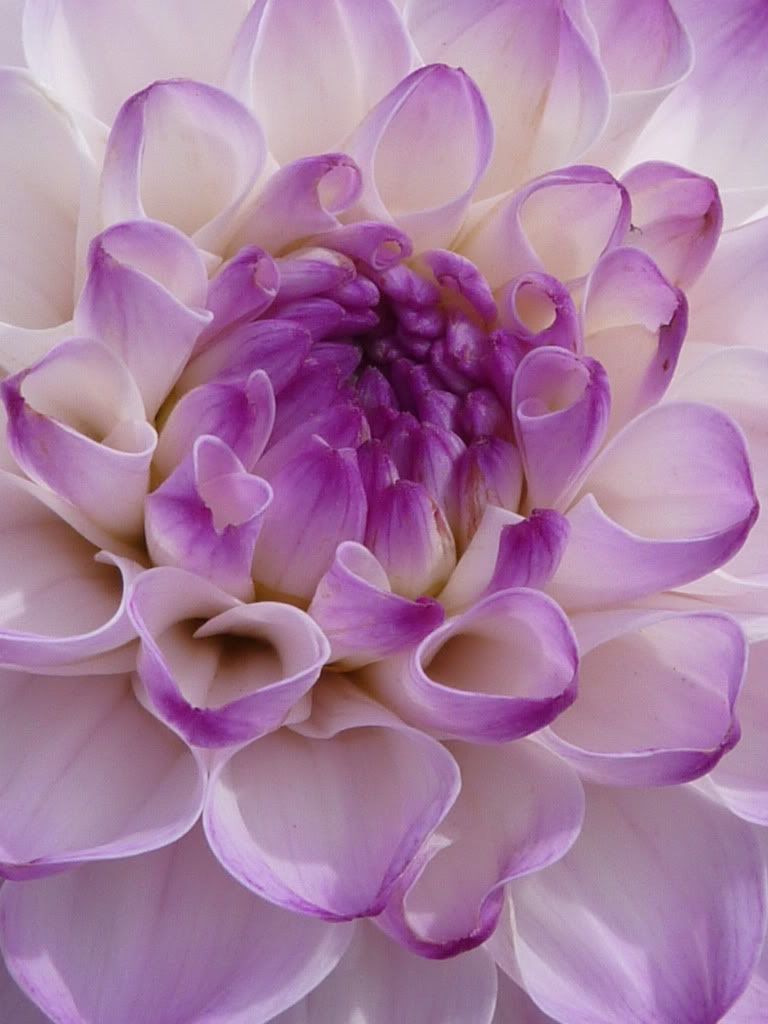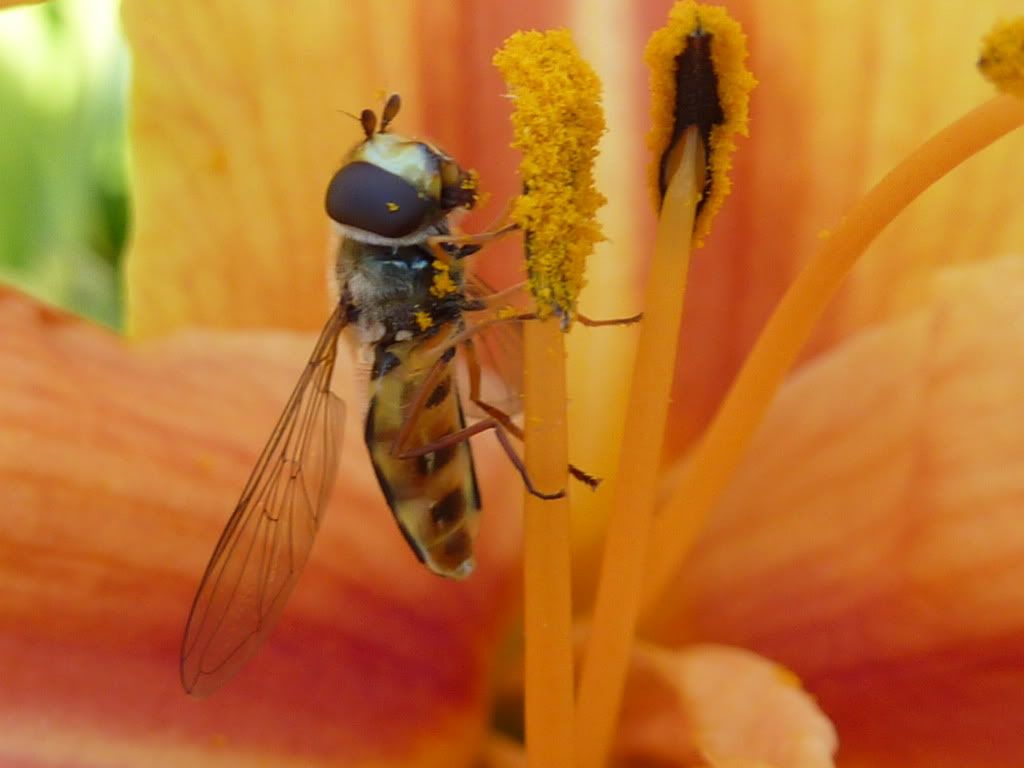The Government has just launched its new
e-petitions site. This is where ordinary hard-working citizens, who are probably also law-abiding taxpayers, can create and sign petitions online, making suggestions for amendments to current laws and regulations. If a petition collects 100,000 signatures it is
eligible for debate in the House of Commons.
Predictably enough, the site was initially inundated with demands to
bring back hanging, although the petitions are already diversifying rapidly. A quick glance through the site suggests that the other most popular topics are
leaving the EU and
withdrawing from the Human Rights Act, as well as issues around
sharia law and keeping
Formula One racing on the BBC.
The possibility of a debate on the return of capital punishment has produced quite a lot of
coverage in the media, and
Andrew Percy MP, along with several back-benchers, has called for a referendum on the subject. Yet at present, the
petition to retain the ban on capital punishment has twice as many signatures as the one to
overturn it, and is by far the most popular petition on the entire site - a fact which most media coverage has thus far managed to overlook.
It will be interesting to see the final level of support for the two opposing petitions on capital punishment. But equally interesting is the sheer
number of duplicate petitions on the topic; at the time of writing there are 75, 30 of which have already been rejected; other popular issues show a similar multiplicity of essentially identical submissions. One has to question people's dedication to their particular cause if they would rather start their "own" petition with two supporters, than sign up to an existing petition created by someone else and actually increase the likelihood of the topic's actually making it to the 100,000 marker. It's a phenomenon that's always been apparent with
Facebook groups, as anyone who's ever searched for
RIP Amy Winehouse knows, but one might have imagined that on a site dedicated to petitions - where the whole point is garnering the highest possible number of signatories - collectivism would have prevailed. If anything, though, it's probably an encouraging sign; as long as those individuals who believe that the
Human Rights Act should be
revoked persist in making separate petitions which fail to gain even 1000 signatures, the debate will never even make it to Parliament.
These petitions are wonderful for what they tell us about people; the current triumph of the petition to retain the ban on Capital Punishment is flying in the face of what
certain newspapers would
have us believe about "public opinion".
The sheer range of topics covered is impressive; their number is rapidly snowballing. Some give specific suggestions for improvements, such as this call to
end public bodies using 0845 and 0870 numbers; others are more general, as with this demand for
"bigger prisons with more convicts inside them". And there's a lighter side to the e-petitions as well. One particularly tongue-in-cheek example proposes
public hanging for those who propose public hanging - the author states that "the proposed punishments for some crimes are so horrific that the proper punishment for proposing this punishment is the death penalty. After all, with all that DNA science we now have, we can always prove all the time who has proposed a punishment for a crime, and then propose punishing them appropriately".
One petition rather abstractly
demands the building of prisons in "one or more West African nations", to house paedophiles, foreign prisoners and contract killers. Quite what these West African nations have done to offend the petitioner is unclear. Another suggests that our judicial process be replaced by the use of
polygraph lie detectors in courts. The author notes that "Jeremy Kyle does it, why can't we?"
Allowing people to put their opinions forward in this way is a fantastic example of democracy in action. Some of the more popular petitions may prove genuinely worthwhile, and even the more outlandish suggestions deserve the chance to appear on the site - if only so that their failure to gain support is made clear.
It's often suggested that shifty politicians wilfully ignore "the voice of the people". On the evidence of this website, the voice of the people is like a huge, discordant choir, in which no two members have the same songbook (and half of them are making it up as they go along). Politicians must work hard to discern any one tune from the cacophany, and the most popular petitions on this site may make that task a little easier. Nonetheless, if the website proves one thing, it's that you can't please all of the people any of the time.
Perhaps most tellingly of all, there's also a large number of e-petitions
demanding an end to e-petitions. As Joseph Blurton states in
his submission: "We, the people, are idiots. Please, for pity's sake, ignore us more often."
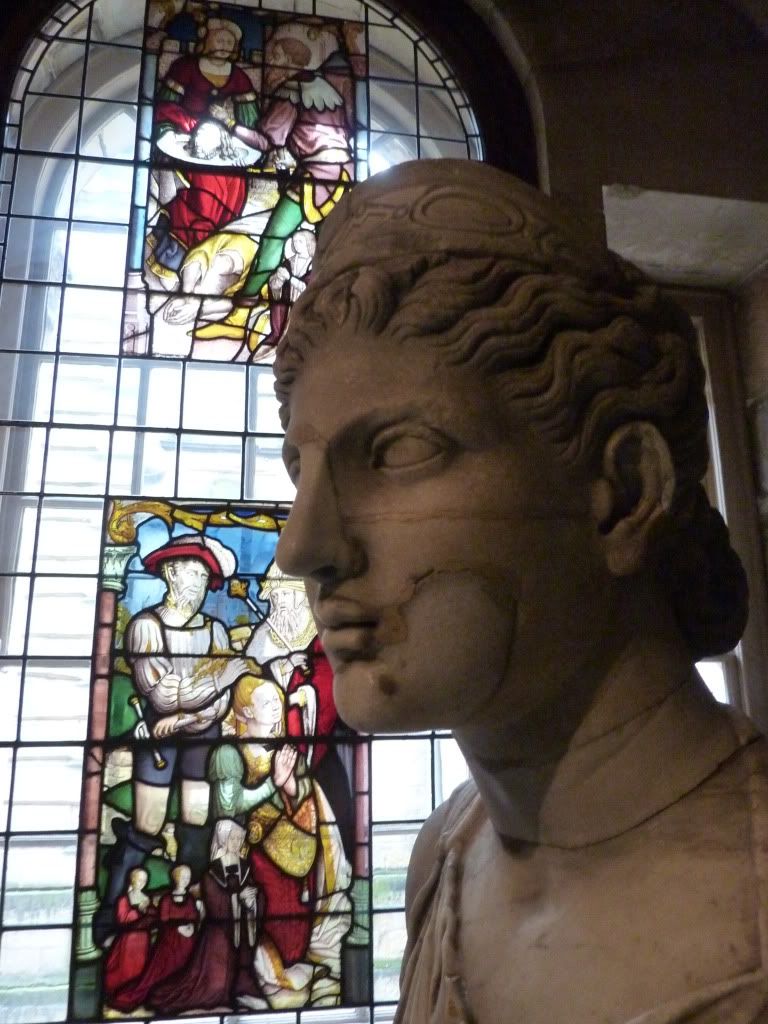
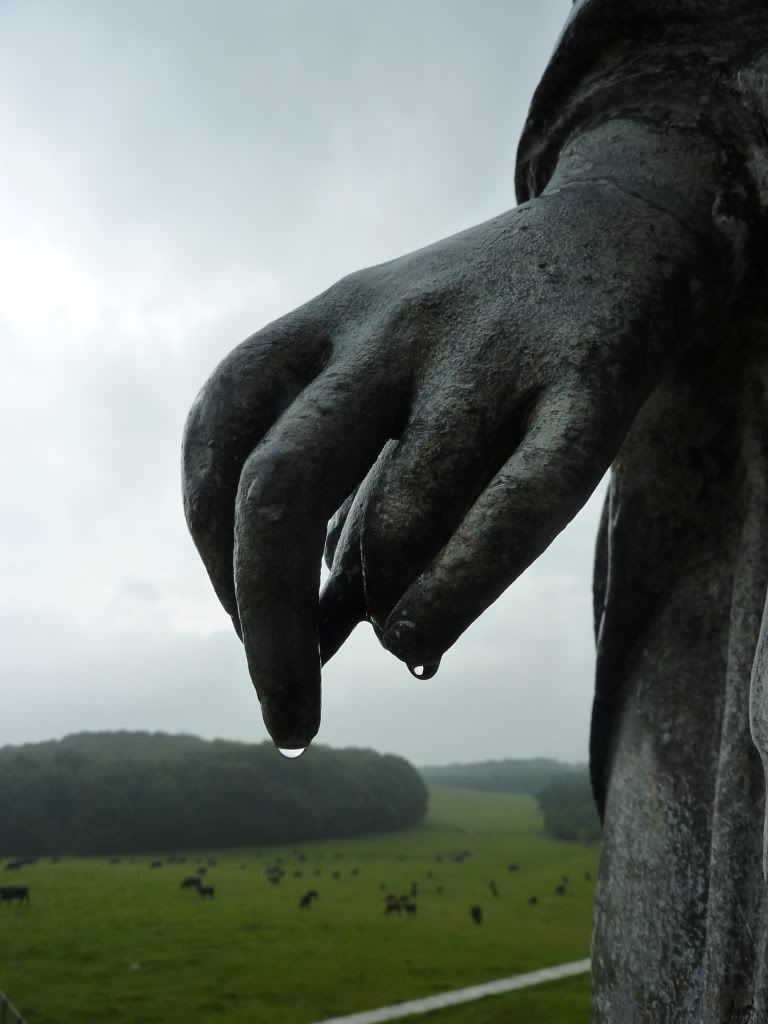
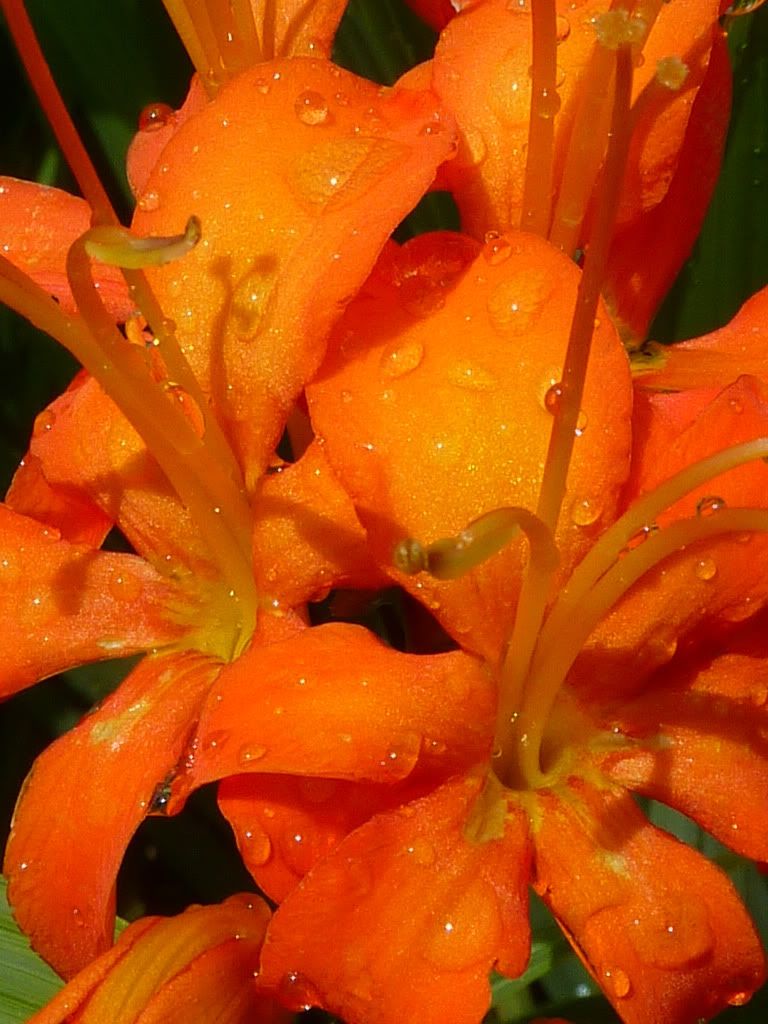
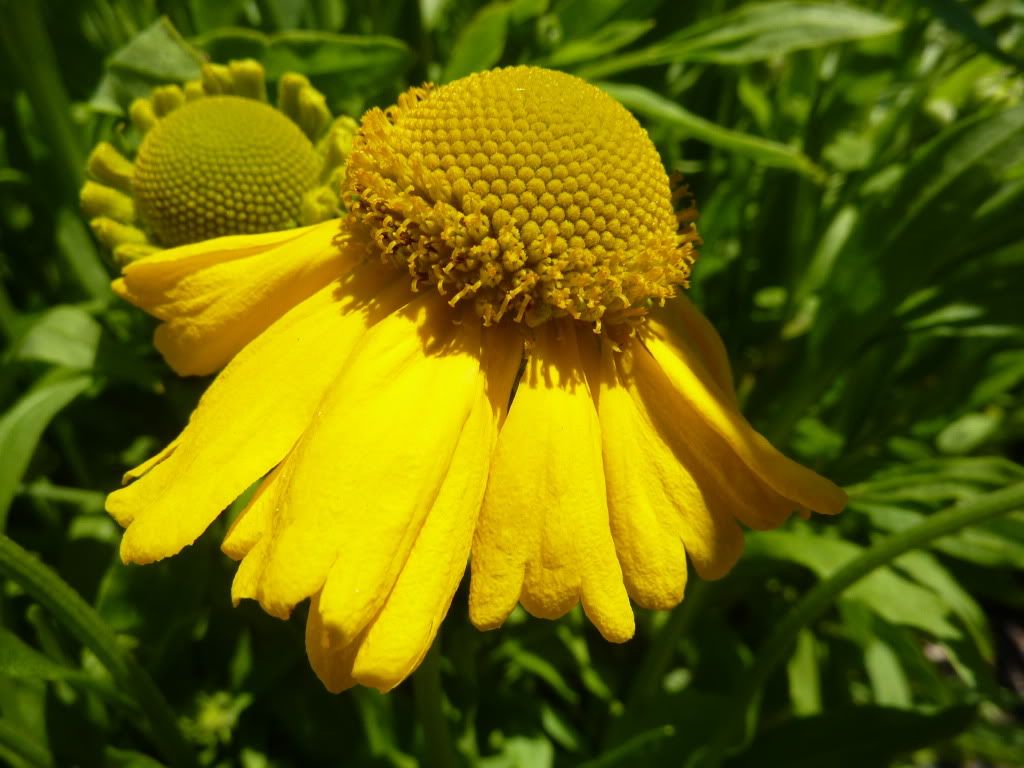
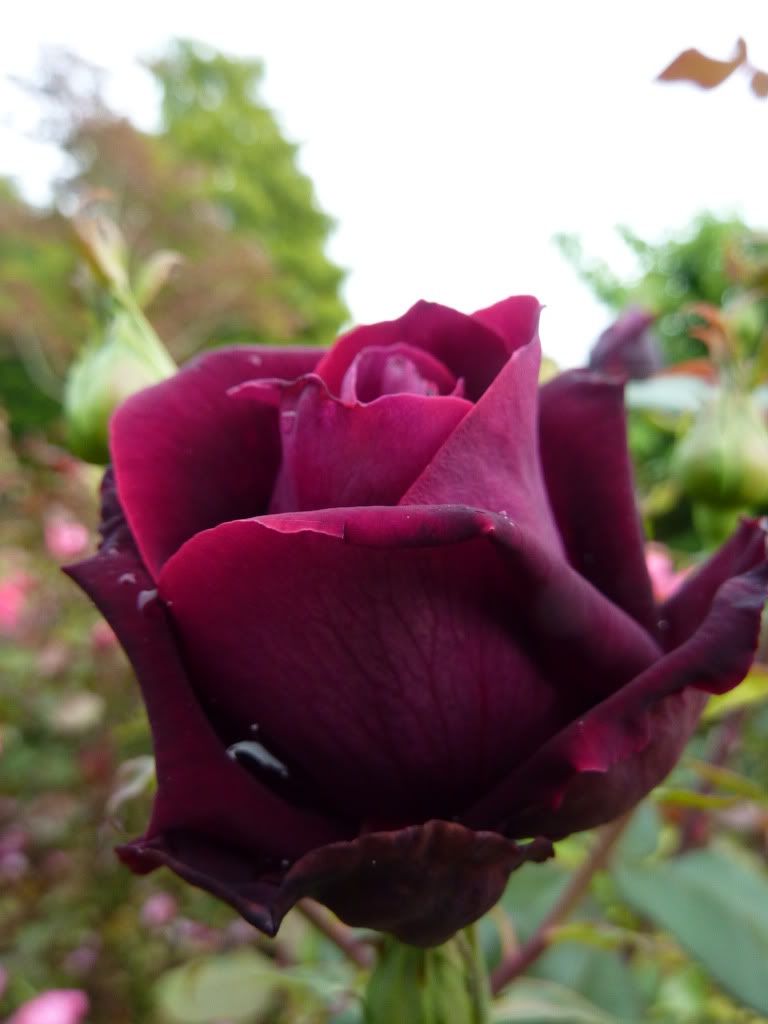
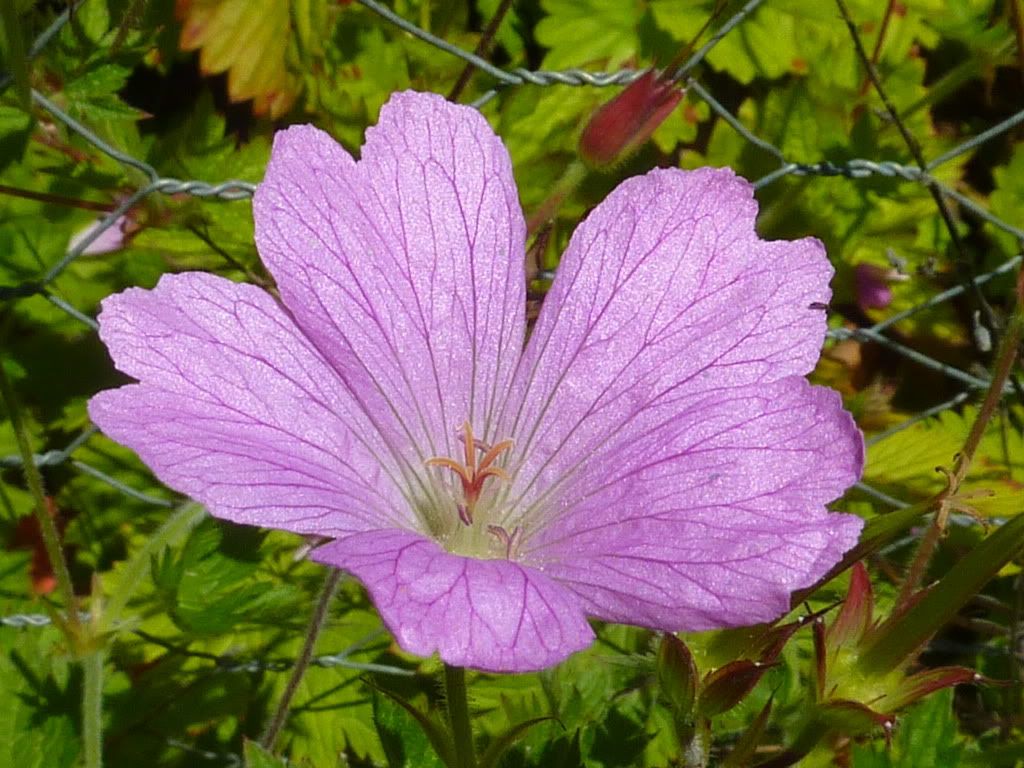
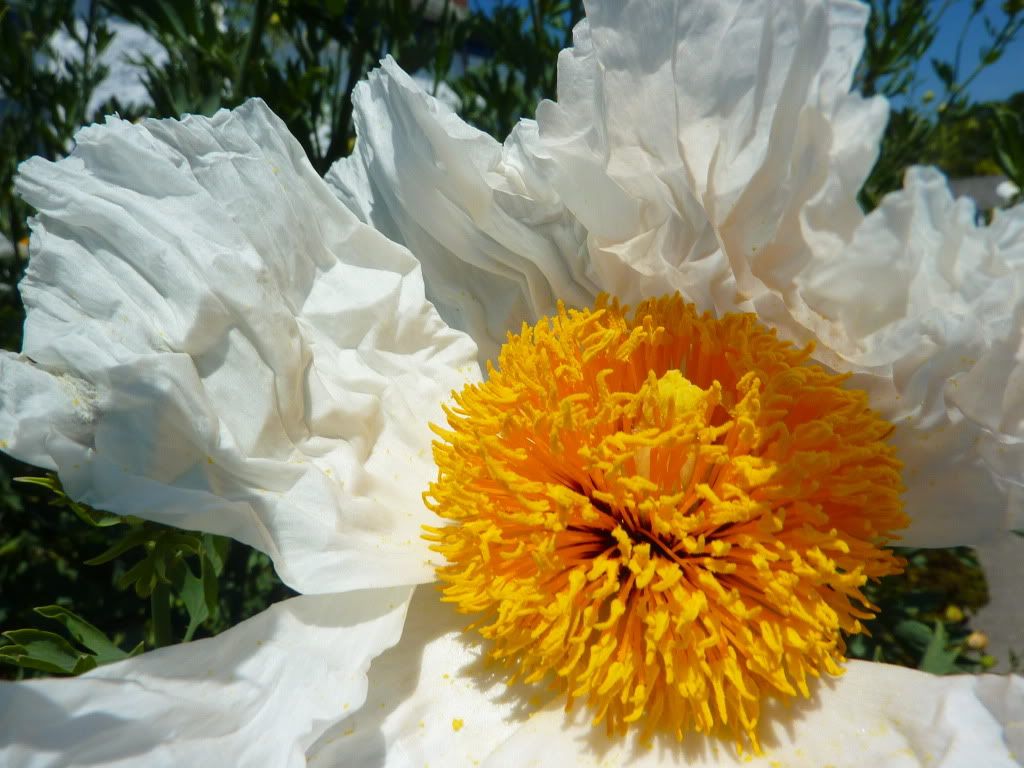
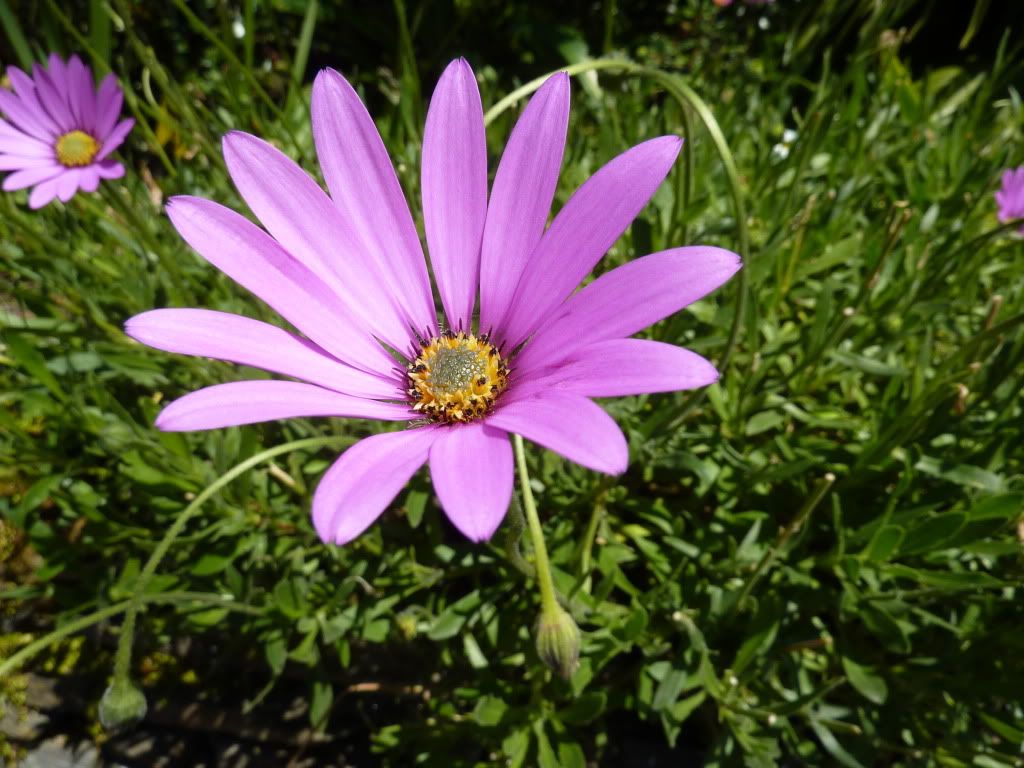
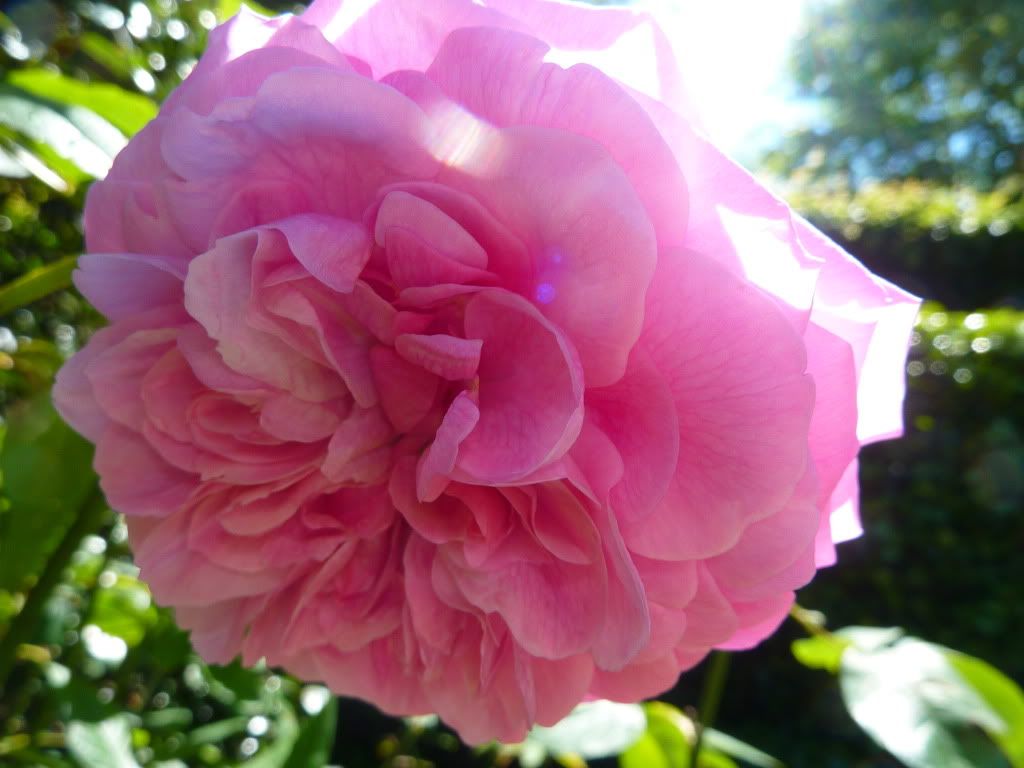
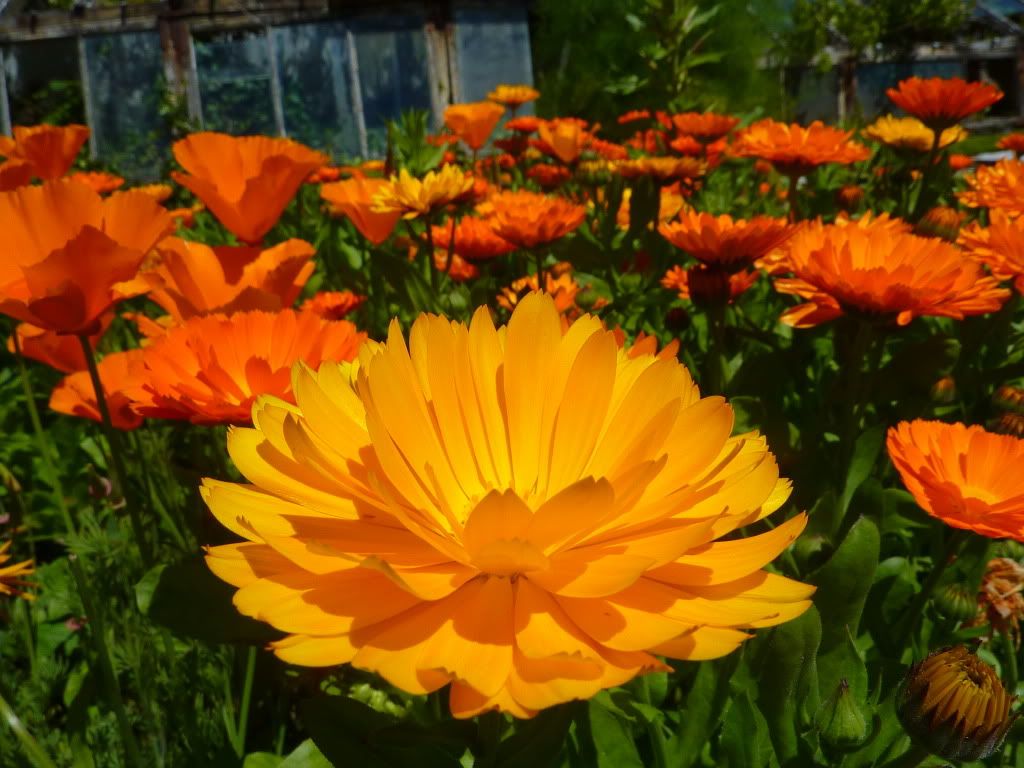
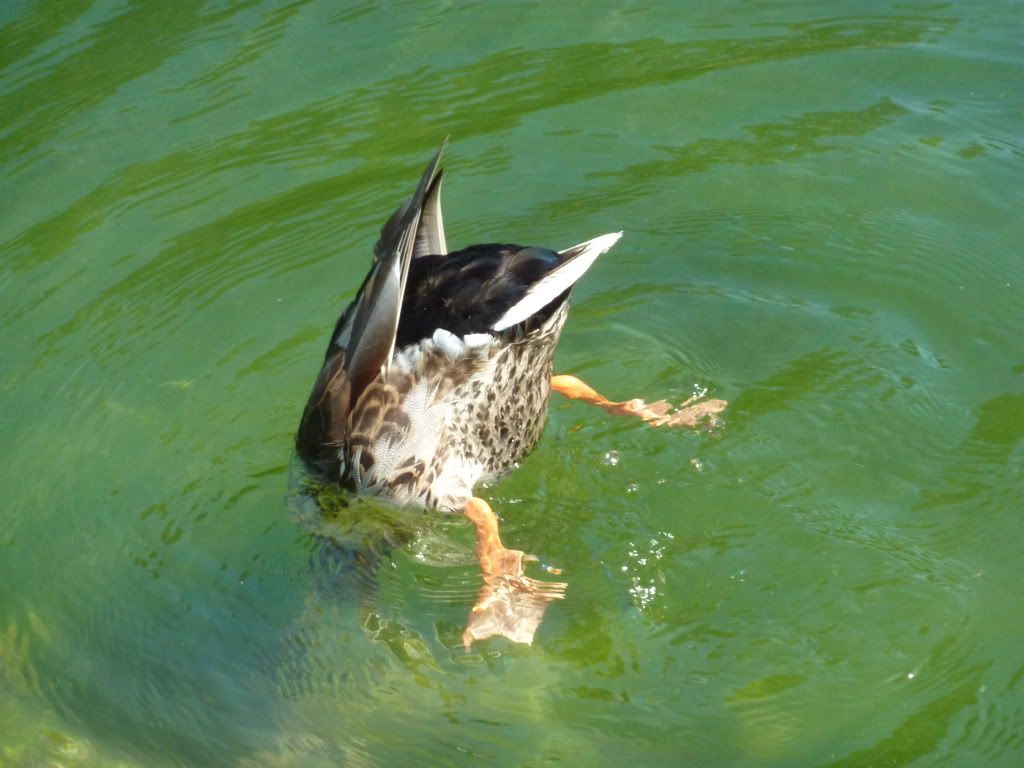
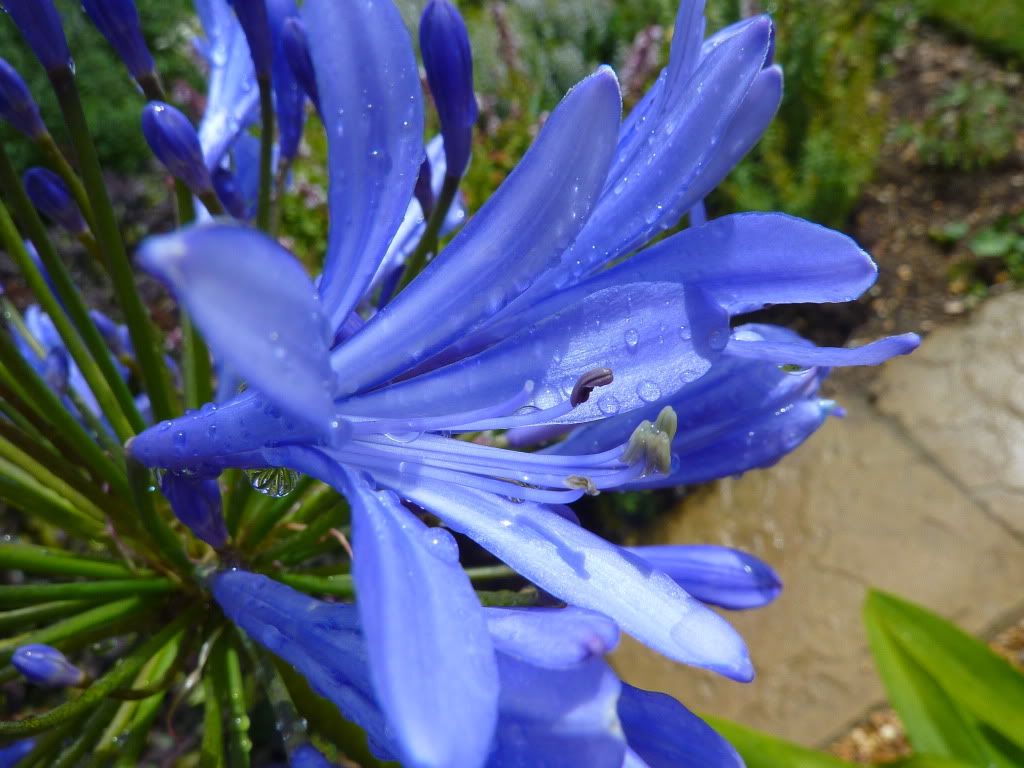
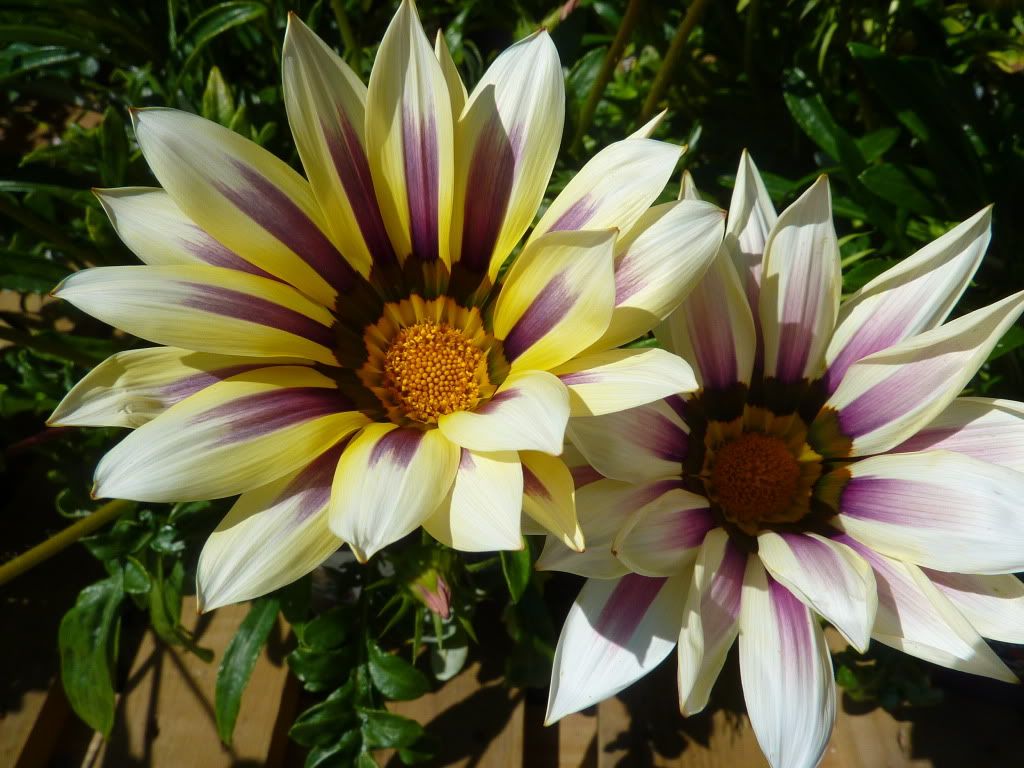
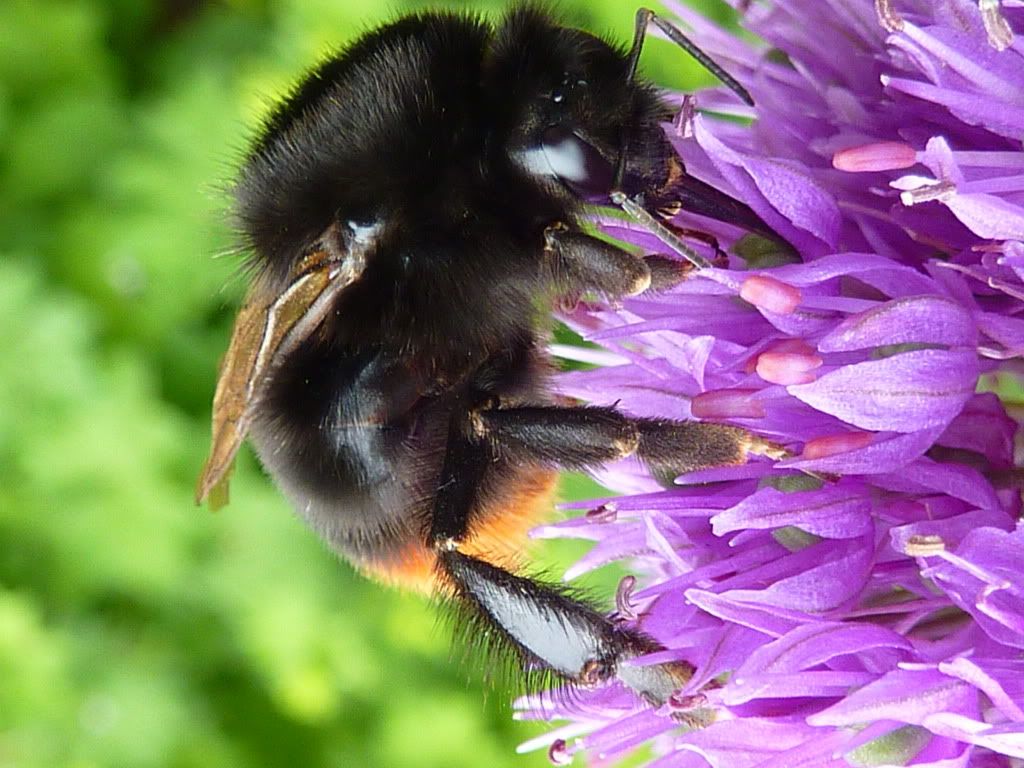
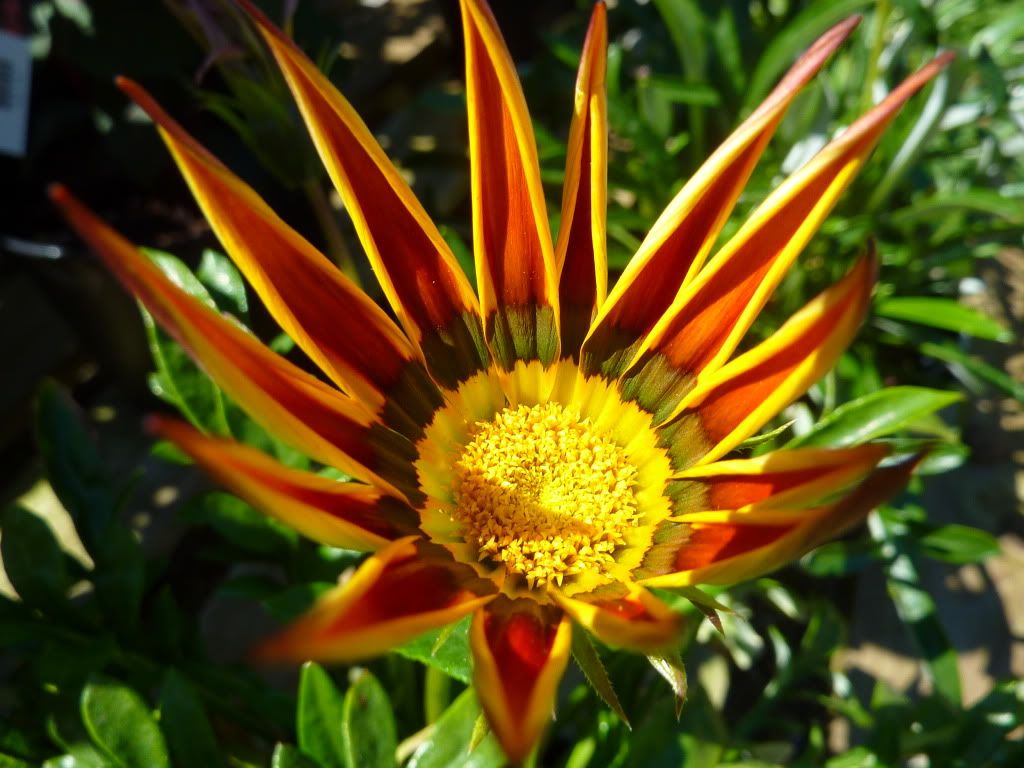

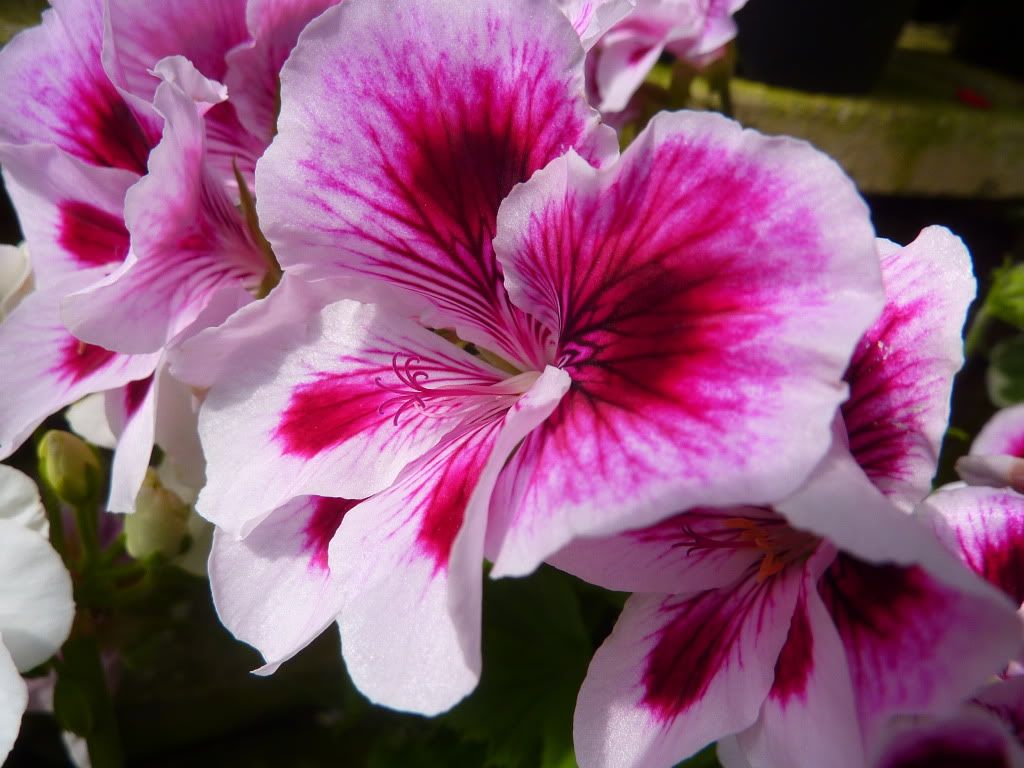
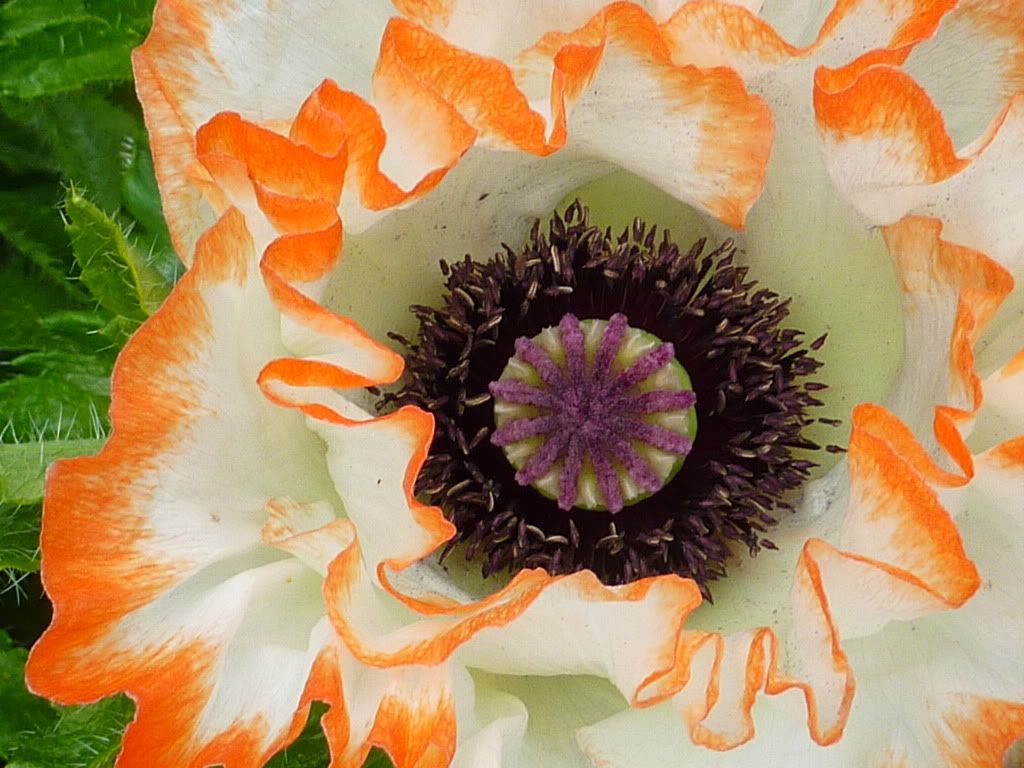
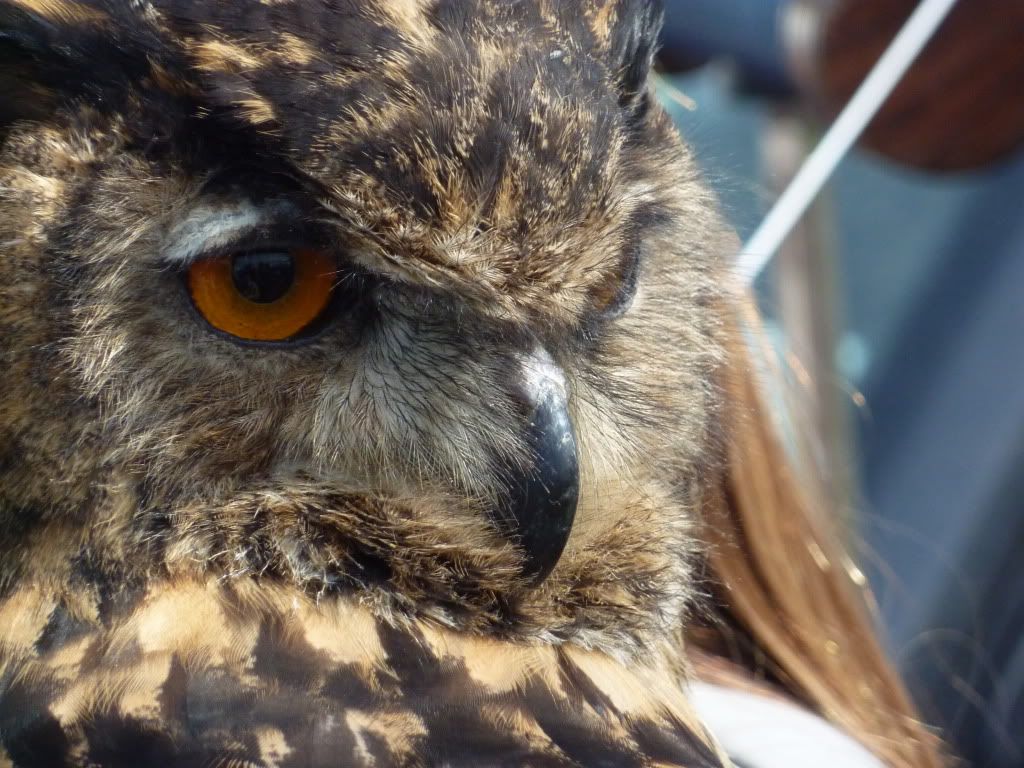
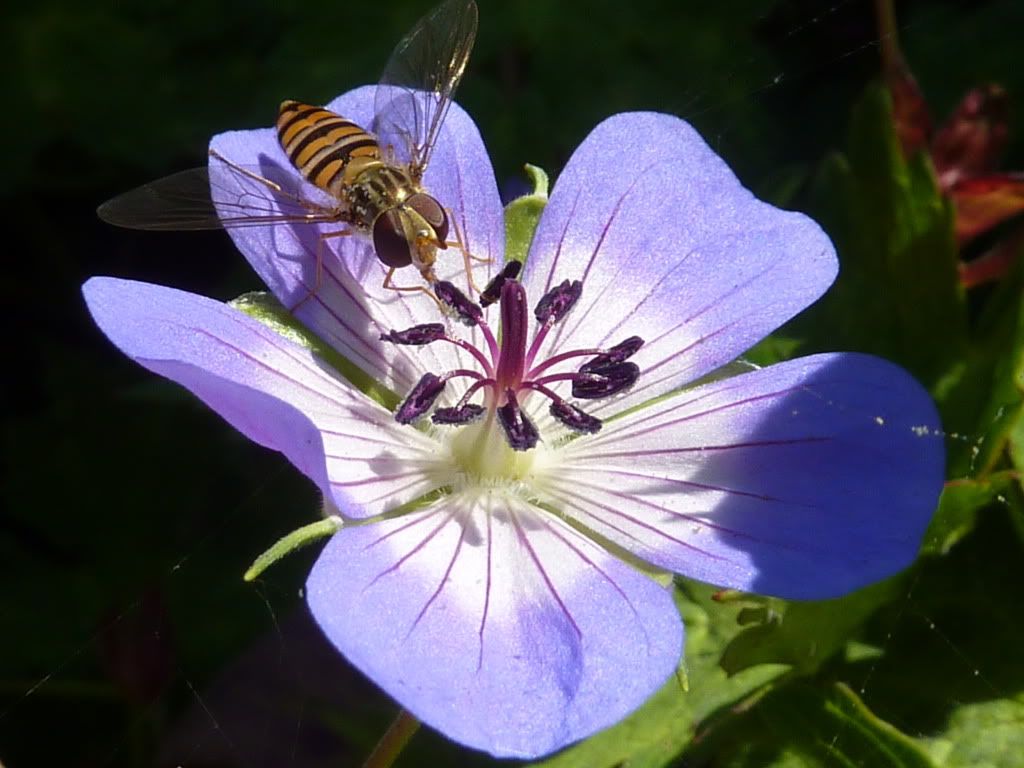
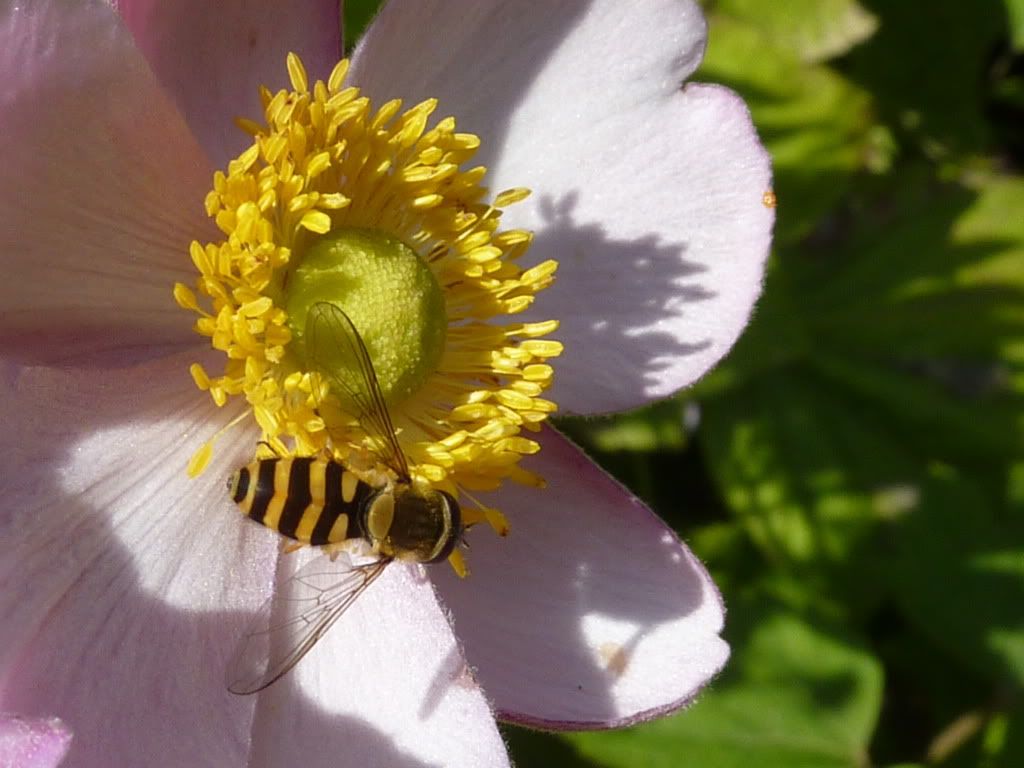 Once again both insect and flower goes unidentified. You'd think all these photographs would provide me with great motivation to learn about English wildlife and botany but alas, apparently not.
Once again both insect and flower goes unidentified. You'd think all these photographs would provide me with great motivation to learn about English wildlife and botany but alas, apparently not.
